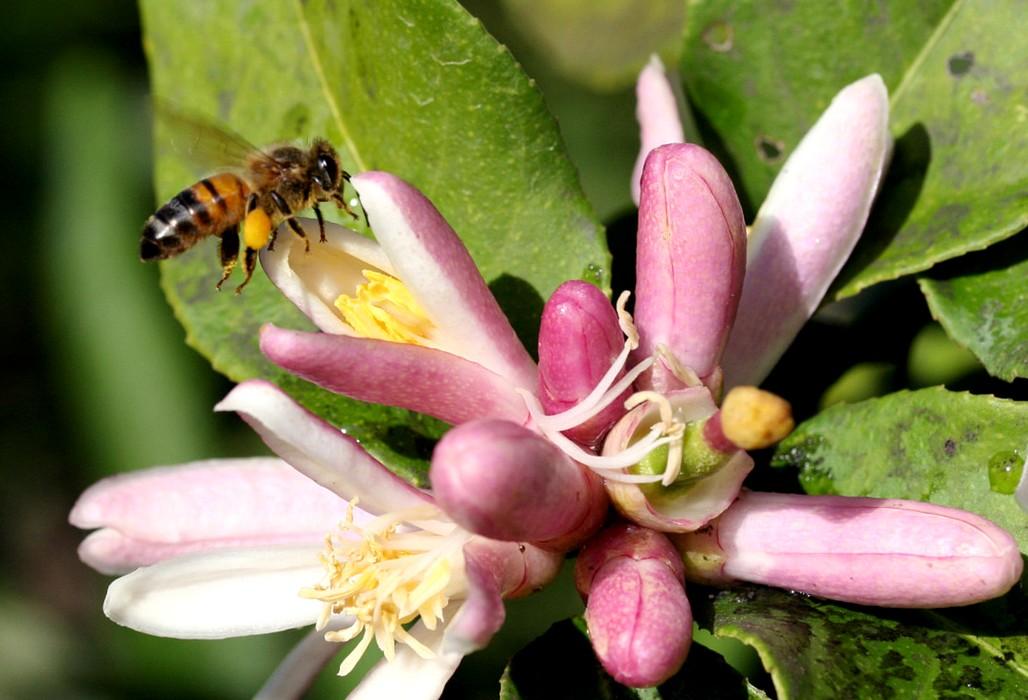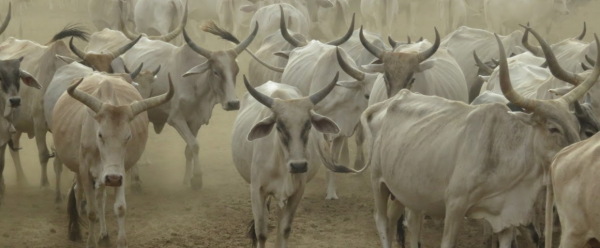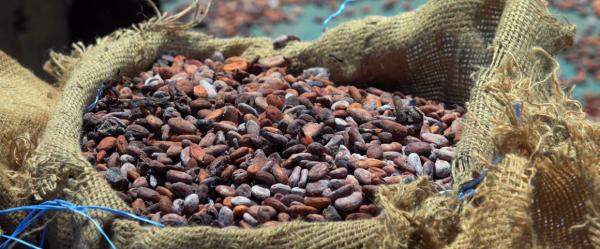Expert view 23 January 2026
- Home
- CIRAD news
- News
- Didier Bazile - IPBES report on biodiversity and ecosystem services
Didier Bazile: "We need biodiversity in our fields and on our plates"

What are the issues for this 7th IPBES plenary being held in Paris from 29 April to 4 May ?
Didier Bazile: It will see the presentation of the first global assessment report on biodiversity and ecosystem services, the first of its kind since the Millennium Ecosystem Assessment in 2005. This is a major update on and summary of recent scientific results on the state of biodiversity. It was compiled by a panel of 150 global experts from 50 countries, based on 15 000 references. In 1800 pages, it fine-tunes the diagnosis of a global slump in biodiversity that has gained speed in recent years, and confirms that the resources available to slow that slump are far from sufficient to reverse the trend.
The second main feature of the event will be the presentation of an abstract intended for policymakers, during the afternoon of Monday 6 May. Policymakers are a vital part of the ecological transition. IPBES is a global scientific platform tasked with analysing the best available data, to support decision making. The biodiversity loss the report describes is irreversible. We can no longer rely on technological progress to compensate for biodiversity erosion and the degradation of ecosystem services.
The 2011-2020 Strategic Plan adopted by IPBES in Nagoya (Japan) in 2010 is coming to an end. What next ?
D.B.: This is the third task for the plenary: validating the main outlines of the work programme for 2020-2030. The post-2020 plan includes an ecosystem assessment in the light of topics such as food, biodiversity, health and climate change. This holistic approach, centring on topics suggested by CIRAD, is part of the proposal supported by France for the next IPBES work programme. CIRAD could suggest experts for the work group in charge of the assessment, as it has the necessary overall perspective, at the crossroads between agriculture, food, biodiversity and climate disruption.
Is the degradation of biodiversity and ecosystem services a threat to our farming systems ?
D.B.: Obviously! Even the most intensive farming systems need biodiversity and ecosystem services such as soil fertility, pollination, etc. Global wheat yields have been marking time for years and are even starting to fall because certain services have been lost. Biodiversity is fundamentally important for agriculture. It is one of six key thematic fields chosen by CIRAD, under a title ("biodiversity as a lever of development and resilience") that evokes an integrated approach: agro-ecology. The aim is to build on biodiversity to develop agricultural activities, and the concept of resilience is inextricably linked to the biodiversity of an agro-ecosystem and the way in which social groups manage those biological resources sustainably. We all know the truth: without biodiversity, ecosystems, be they cultivated or natural, are very vulnerable. We have to change our view of agriculture, and no longer see it as a means to produce, solely in terms of yields, but consider its impact on ecosystem services and move towards multi-criteria selection. We need biodiversity in our fields and on our plates, to improve not just ecosystem health but also our own. Biodiversity guarantees healthier, more nutritious food. For instance, old wheat varieties were twice as rich in protein as those we grow today. Biodiversity, food and health are inextricably linked, which is why agricultural research needs to move towards farming systems that pay greater heed to nutrition issues. This will force us to review existing agricultural production models.
Talking of threats, can you tell us what links climate disruption with the erosion of biodiversity and ecosystem services ?
D.B.: Climate change is now seen as the third biggest cause of biodiversity erosion, behind land use changes and the extinction of plant and animal species. However, all the experts agree that climate change will soon be the main threat to biodiversity and ecosystems. What with growing climate variations on the one hand and shrinking biodiversity and ecosystem resilience on the other, and we are expecting a snowball effect. It is difficult to predict when biodiversity loss is likely to speed up, but we are almost certain that it will. A technical report on the link between biodiversity and climate change is one the cards, with a rapprochement between experts from IPBES and the IPCC in the next few years.
Several operations have already been launched, though, to conserve biodiversity and ecosystem services, haven't they ?
D.B.: Yes, but the aims set out and steps taken to protect nature, whether State-imposed or introduced by the private sector, are far from enough. They are either too targeted or too piecemeal to combat current trends. Worse still, they are sometimes counter-productive. For instance, reforestation incentives foster carbon capture in the soil, but may mean monospecific tree plantings with limited biodiversity that destroy certain habitats. The IPBES report stresses this inefficacy, and highlights the domino effect of current instruments.
So CIRAD is looking for ways of reconciling biodiversity and agricultural production?
D.B.: Yes, we're working to develop farming systems that foster biodiversity. This is vital to sustain agriculture's capacity to adapt to the effects of global change. In particular, this means conserving genetic diversity in biological resource centres, studying the relations between wild and cultivated species, understanding the links between cultivated species and their wild relatives and adaptation mechanisms, and swapping current practices for an agro-ecological approach. Agroforestry, which combines planted forest and crops, goes some way towards this**.
Food, biodiversity, climate and health issues are now closely linked. CIRAD has long had a global vision and a territory-based approach as regards these research topics. Its transverse, multi-disciplinary expertise is one of its characteristics. Proof if proof were needed that we are moving in the right direction is the fact that biodiversity issues are now being taken into account in various sectors the world over. One example is the FAO, with its recent restructuring and the biodiversity strategy currently being drafted, along with its report on The State of the World's Biodiversity for Food and Agriculture, published in February.
* Intergovernmental Science-Policy Platform on Biodiversity and Ecosystem Services.
** The 4th World Congress on Agroforestry, organized by CIRAD, INRA, the World Agroforestry Centre, Agropolis International and Montpellier University of Excellence, will be held in Montpellier from 20 to 22 May 2019.



























